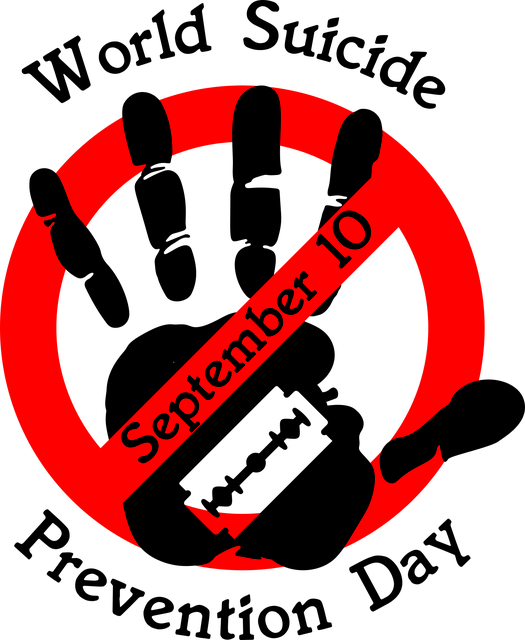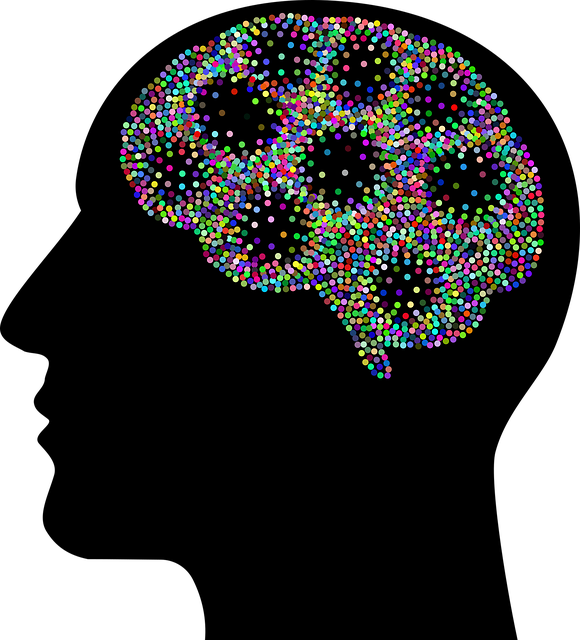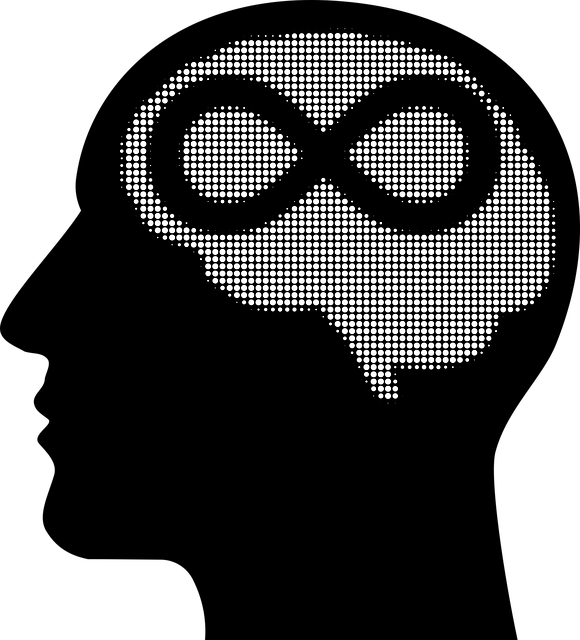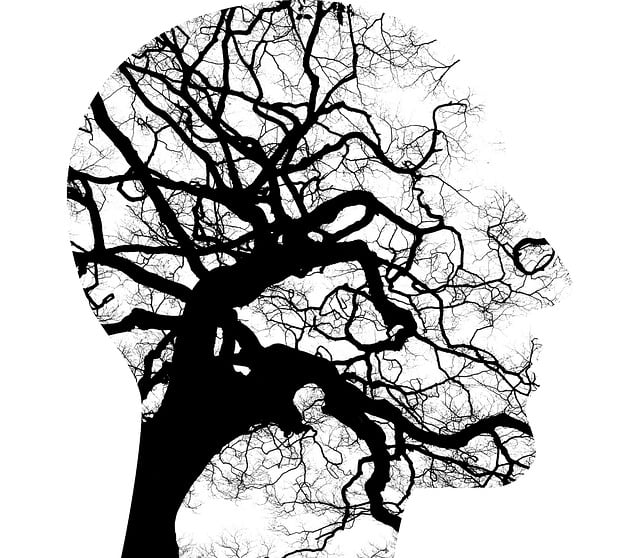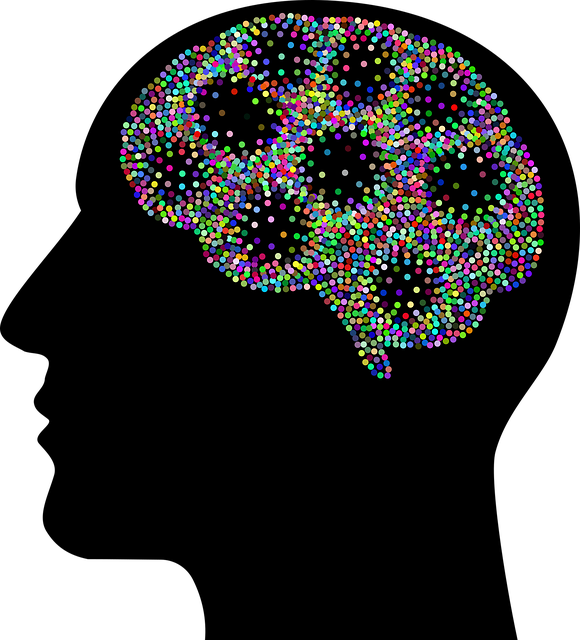Broomfield Drug Abuse-Substance Abuse Therapy (BDAST) employs the RFM framework—focusing on Resilience, Flexibility, and Mastery—to enhance mental health. This approach goes beyond adversity recovery by encouraging personal growth and effective coping strategies. Cultural competency training empowers therapists to offer tailored stress reduction methods to diverse populations. BDAST's holistic interventions blend cognitive-behavioral techniques, mindfulness, skill-building workshops, and self-care practices to build resilience against stress and adversity. The program has shown significant improvements in patient recovery and their ability to manage life's stressors effectively, while also mitigating healthcare provider burnout.
Resilience is a vital asset in navigating life’s challenges. RFM (Recovery Capital Framework), a pioneering model, plays a pivotal role in building this strength. This article explores how RFM enhances resilience through targeted exercises, offering a comprehensive approach to personal growth. We delve into the success story of Broomfield Drug Abuse-Substance Abuse Therapy, which implemented RFM, showcasing its impact on fostering resilience and recovery. Discover practical strategies to strengthen your mental fortitude and embrace life’s storms with confidence.
- Understanding RFM and Its Role in Resilience Building
- Exercises to Foster Resilience: A Comprehensive Approach
- Case Study: Broomfield Drug Abuse-Substance Abuse Therapy and RFM Implementation
Understanding RFM and Its Role in Resilience Building

Resilience is a critical component of mental health and well-being, especially when individuals face challenges like substance abuse or stress. RFM, or Resilience, Flexibility, and Mastery, is a framework designed to help people navigate difficult circumstances and build emotional strength. This approach recognizes that resilience isn’t just about bouncing back from adversity; it’s about growing through hardships and developing effective coping mechanisms.
In the context of Broomfield Drug Abuse-Substance Abuse Therapy, RFM exercises can play a significant role in treating individuals struggling with addiction or mental health disorders. By fostering flexibility in thinking and behaviour, and promoting a sense of mastery over one’s life, these exercises empower clients to better manage stress and anxiety relief. Healthcare Provider Cultural Competency Training can also enhance the effectiveness of RFM by ensuring that therapists are equipped to support diverse populations with tailored Stress Reduction Methods.
Exercises to Foster Resilience: A Comprehensive Approach

Building resilience is a crucial aspect of navigating life’s challenges and promoting overall well-being. Exercises designed to foster resilience offer a comprehensive approach, targeting various dimensions of an individual’s mental health and life circumstances. These exercises aim to enhance coping strategies, promote adaptability, and strengthen psychological buffers against stress and adversity.
At Broomfield Drug Abuse-Substance Abuse Therapy, we emphasize the importance of tailored interventions for each client. Our approach includes a blend of cognitive-behavioral techniques, mindfulness practices, and skill-building workshops. For instance, encouraging clients to develop a consistent self-care routine can be transformative in preventing burnout. This involves setting boundaries, engaging in regular exercise, cultivating healthy sleep habits, and practicing stress management techniques like deep breathing or meditation. Additionally, risk assessment plays a vital role; professionals must regularly evaluate their own mental health to identify potential risks, ensuring they have robust support systems and coping mechanisms in place to avoid personal crises.
Case Study: Broomfield Drug Abuse-Substance Abuse Therapy and RFM Implementation

Broomfield Drug Abuse-Substance Abuse Therapy (BDAST) serves as a compelling case study illustrating the transformative power of integrating Resilience, Frequency, and Motivation (RFM) principles into therapeutic practices. By focusing on resilience building, BDAST aimed to empower individuals not just to overcome substance abuse but also to develop coping skills that would fortify them against future challenges. This holistic approach recognized that burnout prevention strategies for healthcare providers are integral to both personal well-being and the quality of care delivered.
The implementation of RFM in BDAST involved tailored exercises designed to strengthen mental resilience, enhance frequency of positive interactions, and cultivate intrinsic motivation. Through these interventions, participants experienced significant improvements not only in their journey towards recovery but also in their ability to navigate life’s stressors effectively. This case study underscores the effectiveness of resilience building techniques as a game-changer in healthcare, specifically highlighting its potential to mitigate burnout among providers while enhancing patient outcomes.
Resilience is a powerful tool in navigating life’s challenges, and the RFM (Recovery, Flexibility, Mastery) model offers a unique and effective framework. As demonstrated by the case study of Broomfield Drug Abuse-Substance Abuse Therapy, integrating RFM exercises can significantly enhance therapeutic outcomes. By focusing on recovery, flexibility, and mastery, individuals gain the strength to overcome adversity. This comprehensive approach not only supports mental health but also empowers folks to embrace change and foster a more positive, resilient mindset.


